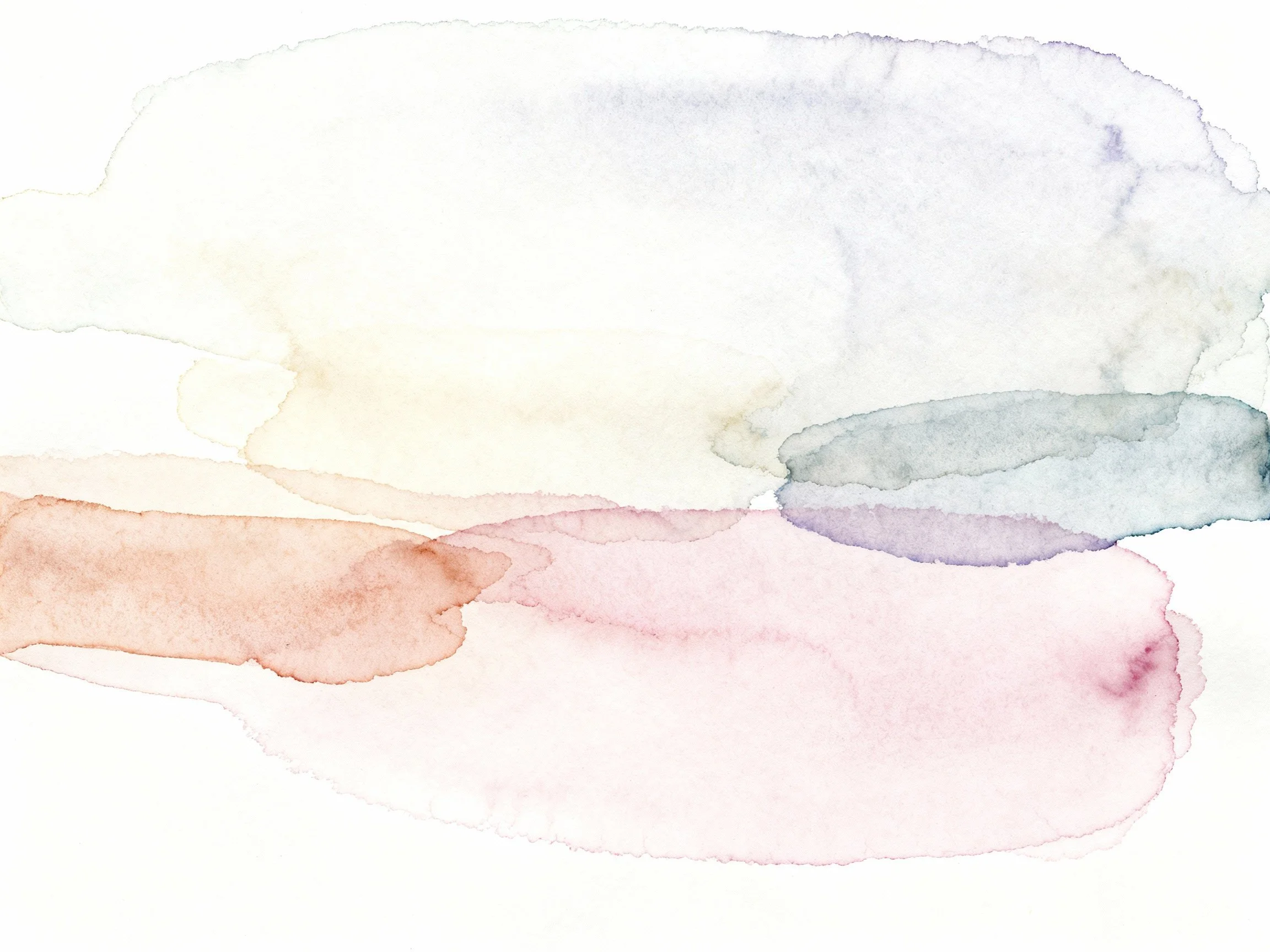Beginner's Mind: Seeing Life Fresh Through Mindful Awareness

Have you ever noticed how children can be completely absorbed by something you've seen a thousand times? A puddle, a cardboard box, the way light moves across a wall—to them, it's endlessly fascinating because they're seeing it with fresh eyes, free from the burden of "already knowing."
This quality of fresh, open attention is what Zen Buddhists call "Shoshin" or "Beginner's Mind." It's the third of the seven foundational attitudes of mindfulness, and it might be one of the most transformative.
What is Beginner's Mind?
Shunryu Suzuki, in his classic book Zen Mind, Beginner's Mind, wrote: "In the beginner's mind there are many possibilities, but in the expert's mind there are few."
Beginner's mind is the practice of approaching each experience—whether it's your first or your thousandth—with openness, curiosity, and a lack of preconceptions. It's consciously releasing what we think we already know and allowing ourselves to experience things as they actually are, right now.
This doesn't mean we pretend we've never experienced something before or that we discard our knowledge and expertise. Rather, we hold our knowledge lightly, allowing room for new perspectives and fresh insights.
Why Beginner's Mind Matters
Our brains are prediction machines, constantly using past experiences to anticipate what will happen next. This is incredibly useful—it allows us to function efficiently without having to figure everything out from scratch each time.
But this efficiency comes at a cost. We stop actually experiencing much of our lives. Instead, we experience our memories and expectations about our lives.
Consider:
- •How many meals have you eaten on autopilot, tasting only the first and last bites?
- •How often do you listen to someone speak but hear what you expect them to say rather than what they're actually saying?
- •How many times have you walked a familiar route without actually seeing it?
- •When did you last really look at someone you see every day?
Our minds jump to "I know this already," and we check out. We miss the aliveness of the present moment. We miss the subtle changes, the new details, the possibility for surprise.
Understanding Beginner's Mind Through Examples
Learning to recognize the difference between beginner's mind and expert mind is the first step in cultivating fresh awareness. Let's explore what this looks like in practice.
Beginner's Mind in Practice
I'm eating this meal. What do I actually taste? There's sweetness, a slight bitterness, different textures. This bite is different from the last one. The flavors keep changing as I chew.
Expert Mind on Autopilot
I'm eating breakfast again. Same thing I always eat. I know what this tastes like. I'll just get through it while I check my phone and plan my day.
When we approach eating with beginner's mind, we actually taste our food and notice the richness that's always been there. This same principle applies to how we experience people and relationships.
Meeting Someone with Fresh Eyes
I'm noticing things I've never seen before. The way they move their hands when they talk. I'm hearing their actual words, not what I expect them to say. They seem different today.
Meeting Someone with Assumptions
Here we go again, they always say the same things. I know exactly what they're going to say next. I've heard this story before. Nothing new here.
Common Obstacles to Beginner's Mind
The 'Been There, Done That' Mind
When we think we already know something, we stop paying attention. This is especially pernicious with familiar teachings or practices. You might hear wisdom you've encountered before and think 'Yes, yes, I know this.' But do you? Are you actually living it, or do you just have a story about knowing it? Try asking: If I were hearing this for the very first time, what would I discover?
The Expert Identity
For those who have developed expertise in any area—whether meditation, a profession, or life itself—there can be subtle pressure to maintain the identity of 'someone who knows.' Admitting 'I don't know' or approaching something with genuine openness can feel vulnerable, even threatening to our sense of self. Yet this vulnerability is the doorway to beginner's mind.
The Efficiency Trap
We live in a culture that values expertise and efficiency. Taking time to experience things fresh can feel wasteful or indulgent. 'I don't have time to really taste this food or listen deeply—I already know what it is.' But what if slowing down enough to actually experience our lives isn't a luxury but the whole point? What if efficiency is causing us to miss our actual lives?
Understanding these obstacles helps us recognize when we've slipped into expert mind. The practice isn't about never having these patterns—it's about noticing them with kindness and choosing to look again with fresh eyes.
Applying Beginner's Mind in Daily Life
The real test of beginner's mind comes in our everyday moments. Here are practical ways to integrate this attitude into different areas of your life.
First-Time Eating
Take one meal this week and eat as if it's the first time. Notice textures, temperatures, flavors you've never paid attention to before.
Fresh-Eye Walking
On a familiar walk, look for three things you've never noticed before—a detail in architecture, how light hits a building, an unexpected plant.
True Listening
Listen to someone as if hearing them for the first time. Notice their tone, word choices, what they're not saying. What surprises you?
Routine Renewal
Choose one routine activity—brushing teeth, drinking coffee, putting on shoes—and do it as if for the first time. What do you notice?
Five-Sense Reset
When you catch yourself on autopilot, press pause. What do you see, hear, smell, taste, feel right now? This instantly brings fresh awareness.
Question Assumptions
Notice when you think 'I know this already.' Ask: What if I'm wrong? What if something has changed? What if there's something new here?
Quick Practices You Can Try Today
The "First Time" Practice
Choose one routine activity each day and do it as if for the first time:
- •Brushing your teeth
- •Drinking your morning coffee
- •Putting on your shoes
- •Stepping outside
What do you notice that you usually miss?
Five-Sense Reset
When you catch yourself in autopilot, press pause and connect with your five senses:
- •What do I see right now?
- •What do I hear?
- •What do I smell or taste?
- •What physical sensations am I aware of?
- •What's the quality of this moment?
This instantly brings you into beginner's mind—direct sensory experience rather than mental stories.
The "What If" Reframe
When you notice yourself thinking "I know this":
- •What if I'm wrong?
- •What if something has changed since I last really looked?
- •What if there's something here I've never noticed?
- •What if I could see this with completely fresh eyes?
Beginner Questions
Ask yourself questions a beginner might ask:
- •Why do we do it this way?
- •What am I assuming here?
- •What would someone who knows nothing about this want to understand?
- •What's interesting about this that I've stopped noticing?
The Gifts of Beginner's Mind
When we cultivate beginner's mind, we receive surprising gifts:
Alive Presence: Life becomes vivid again. Colors are brighter, flavors stronger, conversations more interesting.
Reduced Anxiety: Much of our anxiety comes from expecting the future to match our often negative predictions. Beginner's mind helps us meet what's actually here rather than what we fear might be here.
Enhanced Creativity: Innovation comes from seeing familiar things in new ways. Beginner's mind is the foundation of creative thinking.
Deeper Learning: When we think we already know, we stop learning. Beginner's mind keeps us open to new information and perspectives.
Improved Relationships: When we stop treating people as if they're predictable and fixed, we create space for authentic connection.
Beginner's Mind and the Other Attitudes
Beginner's mind works beautifully with the other mindfulness attitudes:
- •With Non-Judging: When we're in beginner's mind, we're more likely to observe without jumping to judgment
- •With Patience: We can be patient with the unfolding when we're genuinely curious about what will happen
- •With Trust: Beginner's mind helps us trust our direct experience rather than our preconceptions
- •With Non-Striving: We can let go of trying to make things match our expectations
- •With Acceptance: We can accept what is when we actually see what is, rather than what we think should be
- •With Letting Go: We release our grip on what we think we know
Frequently Asked Questions
What is beginner's mind in mindfulness?
Beginner's mind (Shoshin in Zen Buddhism) is the practice of approaching each experience with fresh eyes, curiosity, and openness—as if experiencing it for the first time. It means temporarily setting aside what we think we know and allowing ourselves to see things as they actually are, right now, rather than through the filter of our past experiences and preconceptions.
How do I practice beginner's mind in daily life?
Start with simple activities: eat one meal as if tasting food for the first time, take a familiar walk and find three things you've never noticed, or listen to someone as if hearing them for the first time. The key is to consciously notice when you think "I know this already" and ask yourself: "What if I'm wrong? What if there's something new here?" Approach routine moments with genuine curiosity.
What's the difference between beginner's mind and just not knowing?
Beginner's mind isn't about pretending you have no knowledge or discarding your expertise. It's about holding your knowledge lightly and staying open to new perspectives. You can be an expert and still approach each situation with fresh awareness. It's the difference between "I know everything about this" (closed mind) and "I have experience with this, and I'm curious what this particular moment will teach me" (beginner's mind).
Why is beginner's mind important for reducing anxiety?
Much of our anxiety comes from our predictions about the future based on past experiences. Beginner's mind helps us meet what's actually here rather than what we fear might be here. When we're stuck in "expert mind," we often experience our memories and expectations rather than reality. Beginner's mind brings us back to the present moment, where we can see that things are often different—and often less threatening—than we anticipated.
Can I have beginner's mind even after years of meditation practice?
Absolutely! In fact, maintaining beginner's mind becomes even more important with experience. Experienced practitioners can fall into the trap of thinking "I know all about meditation" and stop actually experiencing their practice. Each meditation session is completely new—each breath you've never taken before. The practice is to approach even familiar teachings and practices with the question: "If I were hearing this for the very first time, what would I discover?"
Reflection Questions
Where in your life have you stopped really looking, listening, or tasting?
What relationships might benefit from fresh eyes?
What expertise or knowing might you hold more lightly?
When was the last time you were genuinely surprised by something familiar?


